Trump Excludes Smartphones, Laptops from Harsh Tariffs on Chinese Imports
The Trump administration has granted a major exemption to its sweeping tariff policy, sparing smartphones, computers, and other key electronic goods from heavy import taxes — including the steep 125% tariffs targeting Chinese products.
Late Friday, U.S. Customs and Border Protection issued a notice confirming that these items would not be subject to the President’s 10% blanket tariff or the more aggressive levies imposed specifically on Chinese imports.
The decision follows mounting pressure from major U.S. tech firms, who warned that tariffs could significantly hike the cost of consumer electronics. Many of these products, including Apple’s iPhones and various computer components, are primarily manufactured in China.
This marks the most substantial rollback yet in Trump’s tariff strategy on China, which one trade expert described as a “game-changing moment.”
https://j.moomoo.com/01pCipSign up via my referral link now and claim 8.1% APY and to 15 free stocks!
The exemptions, retroactive to April 5, extend to a broader range of electronics and parts — including semiconductors, solar panels, and memory storage devices.
According to the White House, the carve-out is part of a longer-term strategy to give companies breathing room as they shift manufacturing to the United States.
- Tezlyn Figaro just did what few can: she left “Mr. Wonderful” Kevin O’Leary completely speechless. 💥

- General Horta Nta Na Man Sworn In as Transitional Leader After Guinea-Bissau Coup

- Nvidia’s Next Surge? Why the AI Giant May Be Nowhere Near Its Peak

- How to Qualify for AIV’s $2.23 Special Dividend — Even After the Record Date
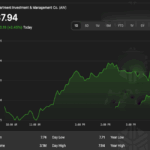
- Bitcoin Price Drop Explained: Whale Sell-Offs, ETF Outflows & Why ETH, SOL Outperformed

“President Trump has made clear that America cannot remain dependent on China for the production of critical technologies like smartphones, chips, and laptops,” said White House Press Secretary Karoline Leavitt. “These companies are now moving quickly to bring manufacturing back home.”
Speaking from his residence in Florida on Friday, Trump defended the tariffs as a necessary step to rebalance trade with China. “I’m comfortable with the tariffs,” he said, expressing optimism that the move would lead to positive developments and emphasizing his relationship with Chinese President Xi Jinping.
Analysts had estimated that, without the exemptions, the cost of smartphones like the iPhone could have tripled if manufacturers passed the added costs on to consumers.
“This is a dream scenario for tech investors,” wrote Dan Ives, Head of Technology Research at Wedbush Securities, in a post on X (formerly Twitter). “Excluding smartphones and chips from the tariffs changes the game.”
The exemption is especially welcome news for tech giants such as Apple, Microsoft, and Nvidia, who now face fewer short-term disruptions.
According to Counterpoint Research, about 80% of Apple’s iPhones sold in the U.S. are assembled in China, with India accounting for the rest. Like other tech companies, Apple has been working to reduce its reliance on China, expanding production into India and Vietnam.
Recent reports suggest Apple is accelerating its production efforts in India to stay ahead of potential policy shifts.
Trump had previously threatened sweeping new tariffs set to begin this week. However, on Wednesday he abruptly announced a 90-day delay for most countries — with the exception of China, whose tariffs were increased to 145% in response to an expected 84% retaliatory tax on U.S. goods.

come and join me on moomoo! Moomoo provides easier access to pro-grade
investment analytics and is used by over 22 million people globally!
Sign up via my referral link now and claim
8.1% APY and up to 15 free stocks!
In a significant strategic pivot, Trump offered temporary relief to all nations that had not retaliated against U.S. tariffs. These countries will now face a flat 10% tariff until July.
The White House framed the change as a tactical move designed to pressure foreign governments into more favorable trade negotiations.
President Trump maintains that his tariffs are designed to correct systemic imbalances in global trade and encourage the return of manufacturing jobs to American soil.
As of now, it remains unclear whether some Chinese tech products might still be affected by a separate 20% tariff not tied to the April 2 tariff announcement. The BBC has reached out to the White House for clarification.







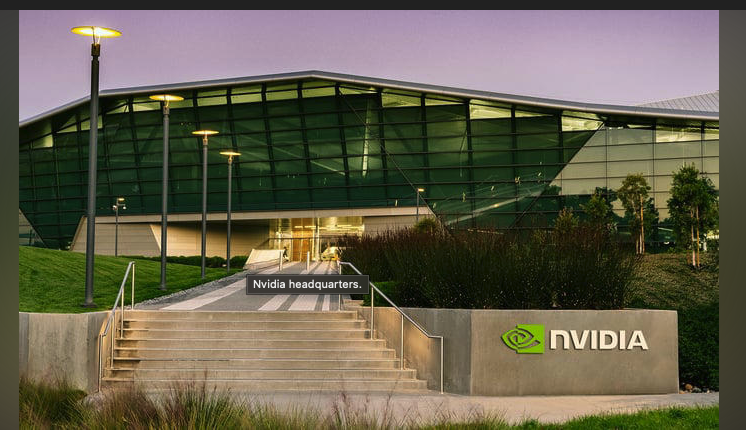
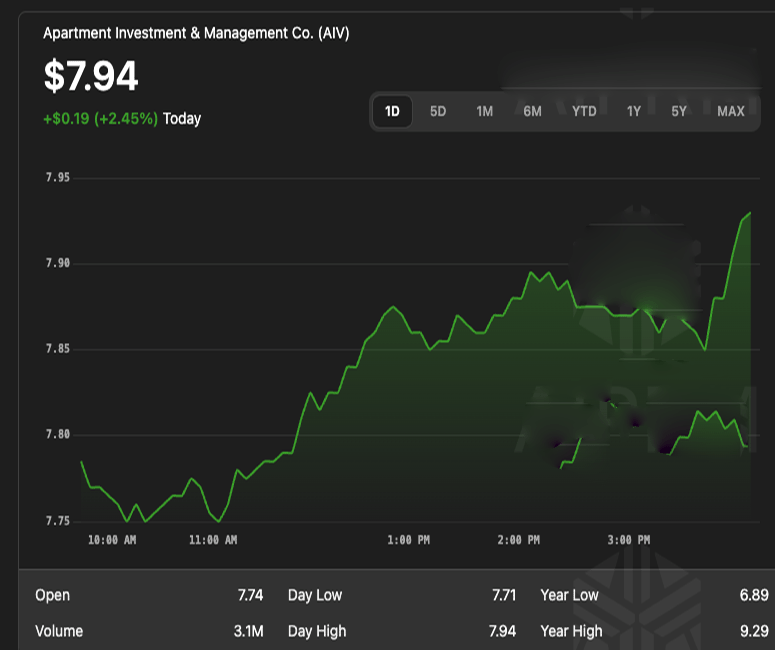



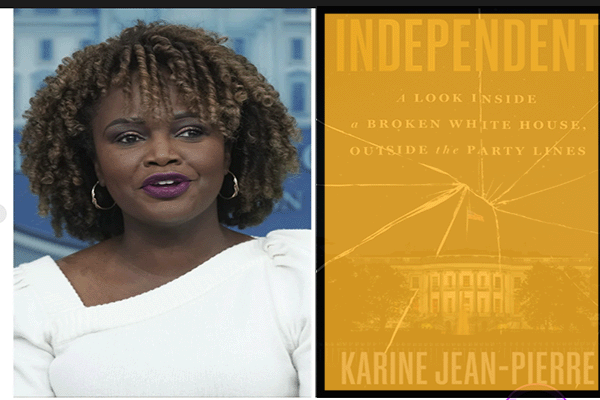
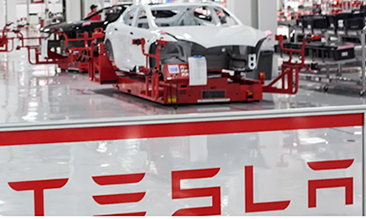
come and join me at moomoo!Sign up via my referral link now and claim 8.1% APY and up to 15 free stocks!
account when you invite 3 or more friends to sign